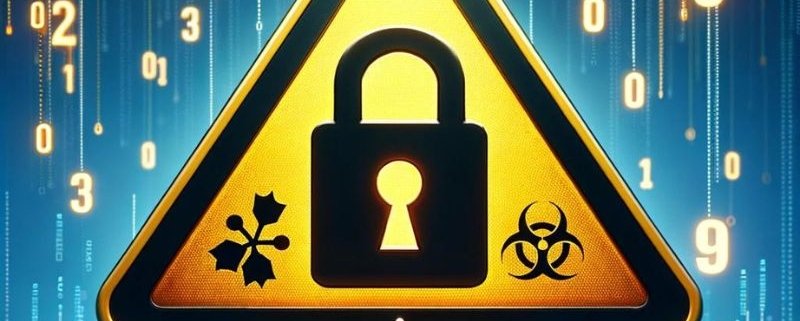Carpetright is latest British business to be hit by cyber attack as hackers target company HQ to affect hundreds of customer orders
- Hackers targeted the company HQ in Purfleet, Essex on Tuesday
Flooring chain Carpetright is the latest British business to be hit by a cyber attack affecting hundreds of customer orders.
Hackers targeted the company HQ in Purfleet, Essex on Tuesday, sending malware to gain unauthorised access.
Carpetright’s network was taken offline due to the cyber attack but bosses insist that the virus was isolated before any data was swiped.
However phone lines are still down with callers met with the automated message ‘Thank you for your patience while we work on a solution’.
Staff and hundreds of customers were affected by the malicious virus with employees reportedly unable access their payroll information.
A source told The Sun: ‘Some staff networks were taken down including the portals that workers use to book time off and look at payslips.
‘It happened abruptly and was worrying because customers couldn’t get through to helplines.
‘Everything at HQ was taken offline as that was the best way to stop the attack spreading to customer data.’
A spokesperson for Carpetright said: ‘We would like to apologise for any inconvenience caused.
‘We are not aware of any customer or colleague data being impacted by this incident and are testing and resetting systems, with investigations ongoing.’
The cyber attack at the flooring chain comes after hackers managed to access a ‘small number’ of patients’ data last month.
Ransomware group – INC Ransom – targeted NHS Dumfries and Galloway and claimed it was in possession of three terabytes of data from NHS Scotland.
A post on its dark web blog included a ‘proof pack’ of some of the data, which was…




